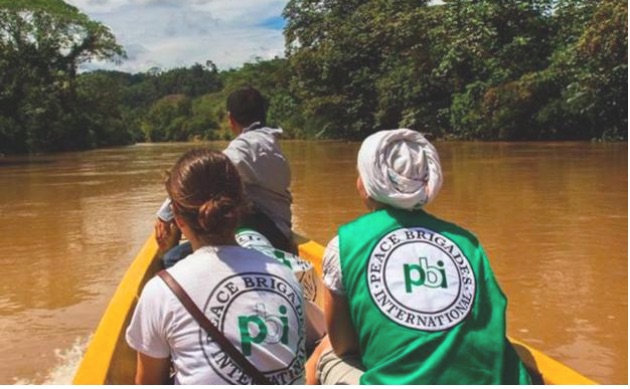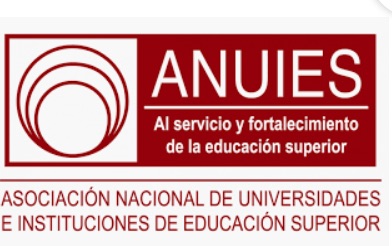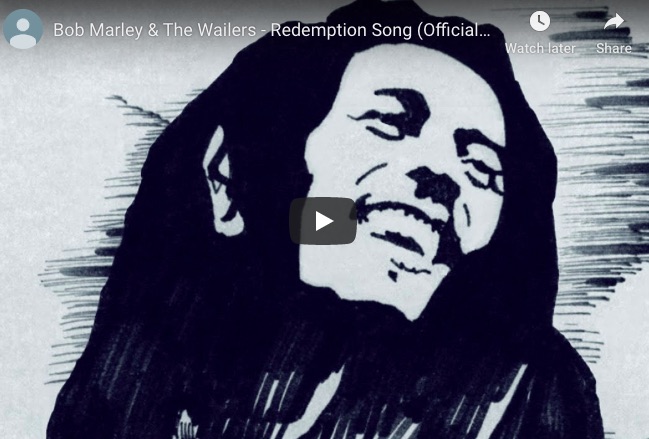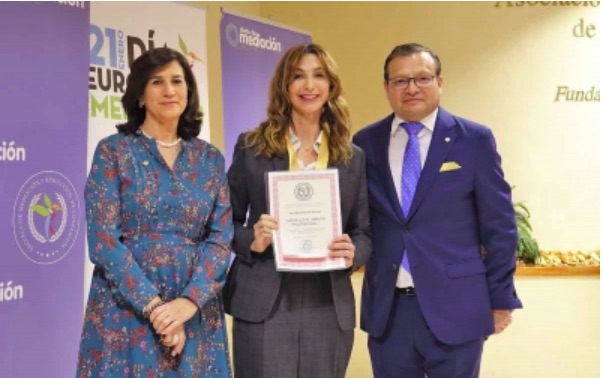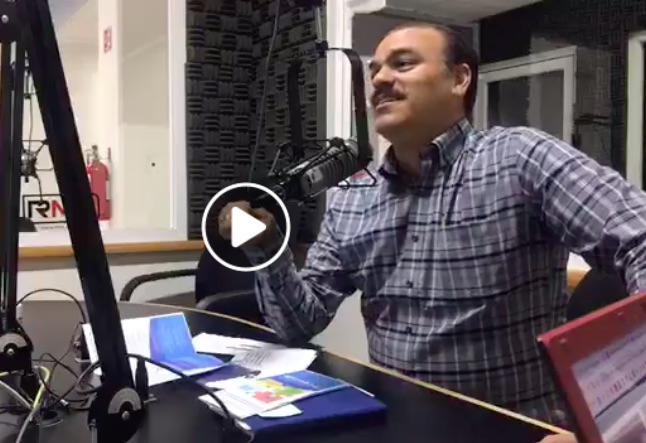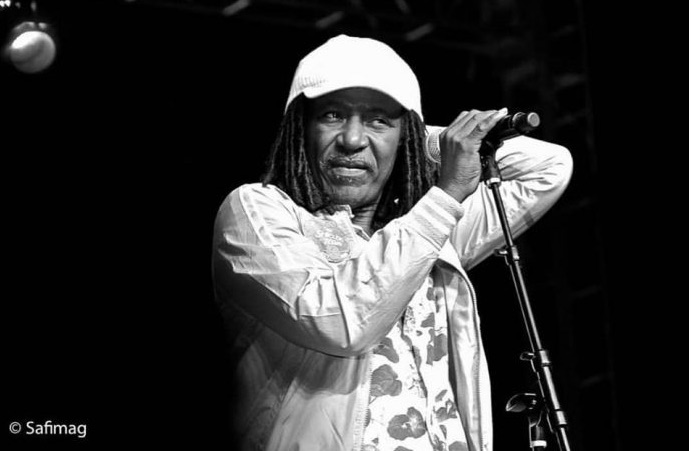EDUCATION FOR PEACE .
An article from Agenda Culturel
The CHAML association has been awarded the “Prize for Conflict Prevention and Peace in Lebanon 2019” from the Ghazal Foundation, which annually awards an NGO. This award adds to the long career of its founders, Ogarit Younan and Walid Slaiby. Pioneers of non-violence in Lebanon and in the region. Initiators of interactive training in Lebanon, they have been recognized as figures of civil society for over 30 years. They have to their credit the creation of several associations and especially the foundation of the University Academy for Nonviolence and Human Rights – AUNOHR.
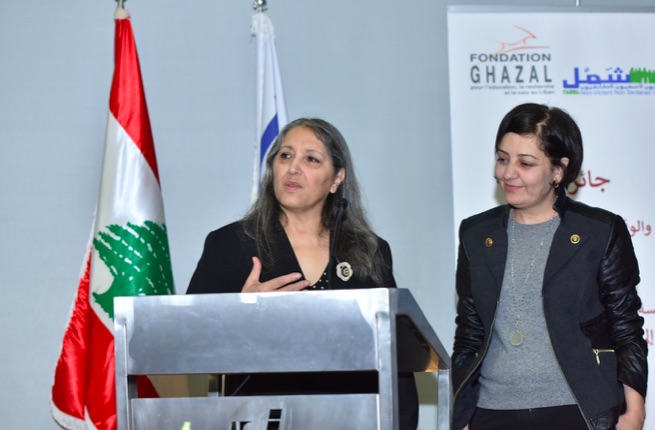
On the occasion of the award ceremony, Ogarit Younan answers questions from the Cultural Agenda.
How long has the Chaml association existed and what are its goals?
First of all, I would like to salute the GHAZAL Foundation and its founding president Michel Ghazal, for this link, active rather than passive, that he ties with his country, by supporting concrete actions of peace and citizenship each year.
CHAML (“شمل” ، “شباب مواطنون لاعنفيون لاطائفيون”), was created in the heart of the upheavals of 2005 which deeply divided the country. It brought together 260 young people, through activities in all the mohafazats of the country. The members of the founding group come from different backgrounds but without being “denominational” because this is absolutely not the philosophy of CHAML.
In 2008, CHAML obtained the official status of a civil association in accordance with Lebanese law (Opinion No 1040 / Date September 10, 2008).
The CHAML coordination and administration committee is made up of professionals in civil action, trainers who are among the most senior trainers in Lebanon. They have a special qualification and are the first in Lebanon to hold a Masters in Human Rights and Non-violence.
Through its objectives, CHAML works mainly to contribute in the following areas:
* Raise awareness among young students, especially adolescents in secondary classes through an annual program in public and private schools in all regions of the country.
* Undertake peace and citizenship initiatives aimed at resolving conflicts and deep “wounds” in Lebanese society.
* Fight for change in the denominational system and unjust laws.
* Support, through its expertise, other civil organizations, at national and regional level, in projects for young people, women, education and refugees.
Read here for examples of CHAML activities.
The revolution that began October 17 last year aimed be a peaceful uprising. Did you expect such a rising of a population that some previously believed was “in a coma”?
Obviously, we expected something that said “enough is enough”, but it was beyond measure with this massive NO. Moreover, this uprising is the result of an accumulation of small gradual ‘no’ s. Rather than a ‘coma’, I prefer to say longtemps a long silent latent anger, repeatedly expressed through actions, sometimes successful and mostly unsuccessful. The most important thing now is that “the spirit of the revolution” builds a professional and well-organized strategy that is still lacking but developing.
(Click here for the original article in French.)
(Article continued in the right column)
Question for this article:
Can peace be guaranteed through nonviolent means?
Where in the world can we find good leadership today?
(Article continued from the left column)
During this uprising and in your opinion, what effects have the trainings you have given in recent years had?
We have seen everywhere and in all regions the people we have trained over the past 30 years. They participated in the organization of groups, training in non-violent means of action, the animation of tents in public places, the development of alternatives, coordination between groups, courageous demonstrations in the face of the recall to the civil war and the “denominational style of the militias” and there I could in particular quote the demonstration of the “nonviolent mothers” in Chiyah-Ayn Remmaneh organized by activists of CHAML and students of AUNOHR.
Can nonviolence have the last word?
Non-violence is the only way. Through my meetings and discussions in public places in Beirut and Tripoli, even the people claiming that there is a revolution “only by blood” changed their minds, when they discovered that non-violence is courage, strength and effective solutions, contrary to what they have learned. This leads us to end the glorification of violence, to cultivate the spirit of non-violence and to spread its concrete examples.
Regarding your university, to whom are the doors of AUNOHR open?
The University Academy for Nonviolence and Human Rights – AUNOHR, the only one of its kind in Lebanon and a pioneer worldwide, was officially founded in 2014 and the courses started in 2015-2016.
AUNOHR was conceived according to a philosophy which deals with education rather than teaching, where training within the university is a life in itself, and in the words of Comenius “professional Humanist workshops”.
We offer 9 areas of specialization at the Master and University Diploma (DU) level, drawing on all academic and professional fields, and creating new job opportunities that are internationally qualified as “the jobs of this present in transition and of the future”.
Students come from Lebanon and all Arab countries; the first three promotions are from six countries: Syria, Palestine, Iraq including Kurdistan, Egypt, Jordan and Lebanon.
The participants are from 21 to 67 years old, women and men.
As these are new specializations in higher education, students are from various academic and professional backgrounds: teachers, school directors, journalists, lawyers, university teachers, activists, founders of associations, doctors , elected officials, executives in the public sector, bank employees, religious, coordinators of civil campaigns and political actors, artists, etc.
At the same time, dozens of participants have joined ‘individual’ courses with flexible hours, and received official certificates (each course: 3 credits).
How can everyone participate in spreading messages of non-violence around them?
The best message could only be that of the people trained with us, and I invite you to listen to the testimonies of the students who expressed themselves unanimously that it was a “turning point” in their personal and professional life.
See “AUNOHR in the eyes of its students”, a video with short testimonial videos by the students of the University of Non-violence and Human Rights.
Thanks to Phyllis Kotite, the reporter for this article.
